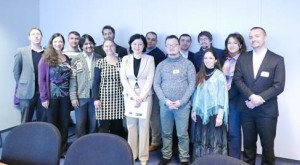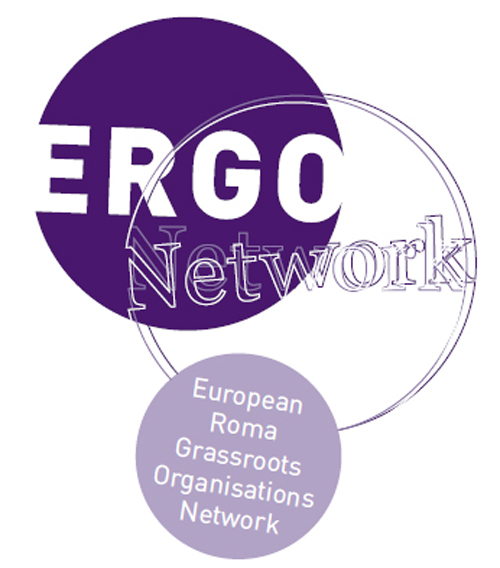Phiren Amenca joined on Thursday 22 January, the meeting of the ERGO Network with the European Commissioner for Justice, Vera Jourová at her cabinet in Brussels, to discuss the contours of the Roma agenda for the coming years. The Commissioner articulated a clear commitment to bring results in the area of Roma integration across the EU. She also indicated a strong wish to do this in dialogue with civil society and learn from successes and failures in the field. In the meeting ERGO Network representatives emphasized the critical need for the EU to support watch dog organizations in the member states and to put into practice recommendations that can improve the effectiveness of EU funding. Most importantly, the civil society representatives pronounced to the Commissioner the EU agenda should start tackling the widespread anti-Gypsyism in Europe, as the underlying cause of policy failure.
The Commissioner expressed a clear willingness to engage with and learn from the expertise available in civil society oriented NGOs. ERGO Network staff and member organizations from Albania, Czech Republic, France, Germany and Romania were invited by the Commissioner to help bring her up to steam in the dossier at the start of her mandate.
The EU policy agenda for Roma inclusion is mainly focused around thematic policy areas: Housing, Health, Education and Employment. The ERGO (European Roma Grassroots Organisations) Network delivered the message that progress in these areas requires a broader framework to create the conditions in which thematic policies can succeed.
Firstly, the position and role of an independent Roma civil society is under pressure and needs material support from the EU-level. Without its mobilization and empowerment of local communities, its input to policy development, and its monitoring and watch dog-functions, there is little perspective of significant positive changes.
Secondly, ERGO Network pointed to the continuing weak policy delivery, especially at the local level. Among specific recommendations, the EU should continue to promote “explicit, but not exclusive” targeting – one of de Common Basic Principles on Roma inclusion it adheres to.
Finally, ERGO Network and its activists advocated a change of perspective on Roma exclusion and to start taking account of the causes, effects and extent of anti-Gypsyism in Europe. Anti-Gypsyism not only underlies the violence against Roma that have fractured local communities in Czech Republic or Hungary in the past years. Hidden and covert anti-Gypsyism also underlies the failure of many programmes to achieve lasting results.
According to ERGO Network, successful policy outcomes will become possible when these three issues are addressed together with development of thematic policies. They welcomed the Commissioner’s invitation to continue the dialogue and together find concrete proposals to tackle them.
Contact: [email protected], www.ergonetwork.org


